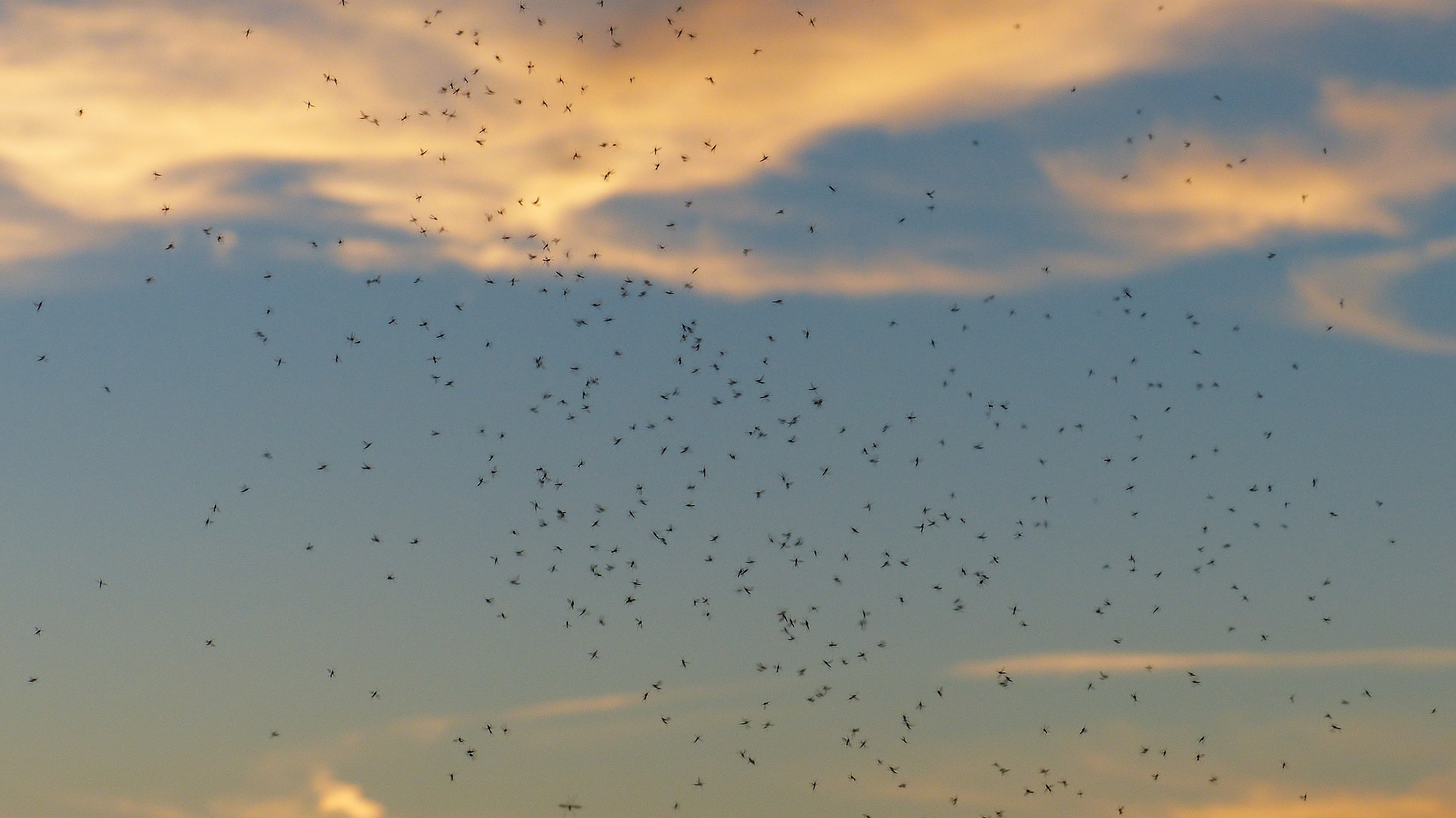The warm weather of the summer months is usually the worst time of year in the fight against insects.
Many linemen and utility workers find themselves in need of protection from pests on the job in the warm weather. Even in the northern climates, there is a risk of mosquito and tick-borne diseases (like West Nile Virus).
There are different types of protection for exposed skin than for protective garments themselves. It is important to be aware of the differences for maximum safety and protection.
Two options for use in the battle against bothersome pests are permethrin and deet. Permethrin is meant to be used on clothing, while deet is protective on the skin.
Using Permethrin and Deet
- Used to treat clothing, not skin
- Skin deactivates permethrin within 20 minutes (spray only on clothing)
- Permethrin helps to repel mosquitoes
- Permethrin does not bond well to some FR fabrics
- Linemen will end up needing to supplement the protection with deet or another mosquito protection product
- Repels and kills insects that come in contact with the treated fabric
- If water-based, it is FR
- Never spray permethrin AND deet on skin together. This can be toxic.
- Protects exposed skin
- Great for repelling mosquitoes
- Causes rubber (a.k.a. Lineman gloves!) to become brittle
- Can be flammable if applied to fabric
- It is recommended to be used only on the neck, face, and ears
- Spray-on deet is not recommended for workplace use (use DEET wipes, and clean hands before putting on rubber gloves).
Read more from Tyndale on the differences in the use of these two options of pest protection.
Also see the ArcWear video on the difference in the flame resistance of water-based Permethrin and DEET on a shirt.
Note the Permethrin does not afterflame, and the DEET has afterflame onto the face for about 7 seconds. Maybe not life threatening but could be. In our test, we applied the DEET until it was about wet and allowed to dry in the sun for about 30 minutes.
Recommendation: Don't Use Both on Skin
VA Guidance on possible connection to Gulf War Syndrome is not causal but does recommend not putting both on the skin and not spraying DEET on Permethrin-treated clothing. Use the DEET wipes and Permethrin-treated clothing for best practice unless you find new info.
This subject and much more are addressed in our Utility Training Video. You can rent or purchase these videos to use in training your workers.
This post has been republished with minor changes.


We have switched from the deet bug spray to a different spray without deet ..more environmentally friendly….smells good
So far our employees like it and it is keeping the bugs away so far
It is called Sawyer Premium Inspect Repellant
Pingback: Hot Weather Arc Rated PPE : e-Hazard Blog